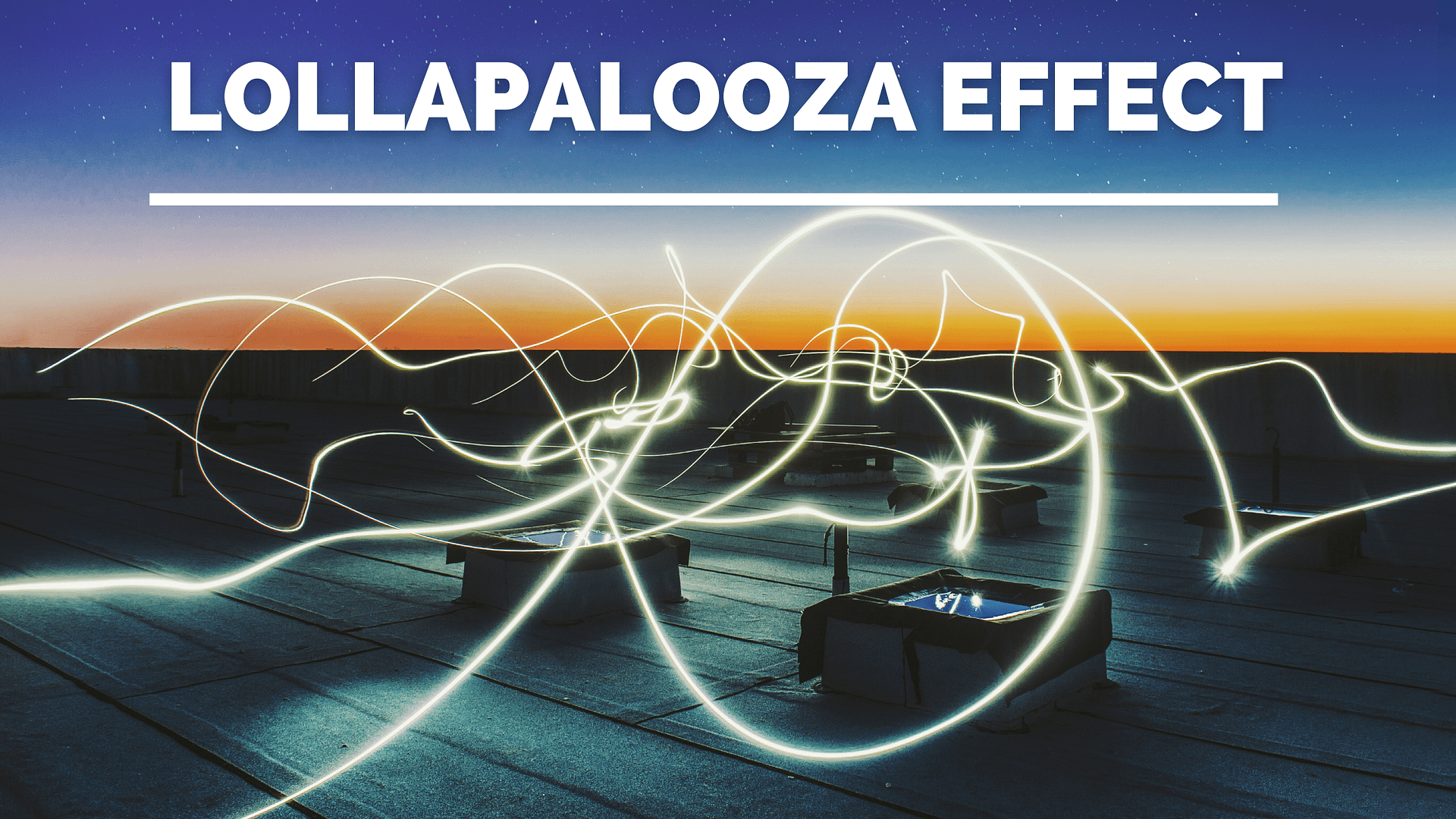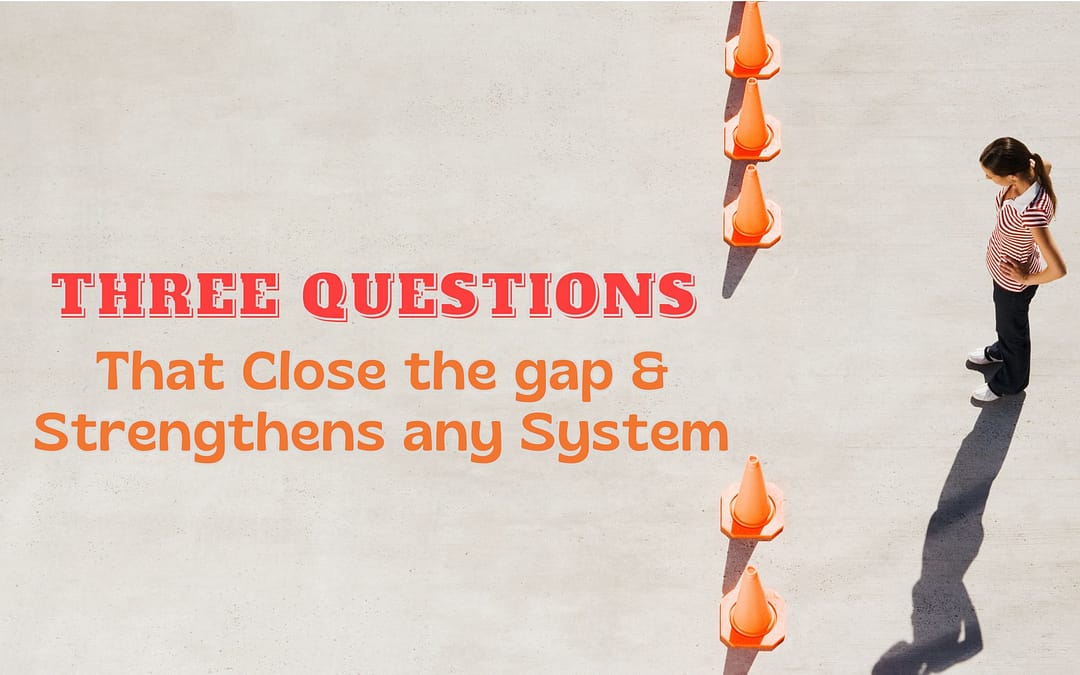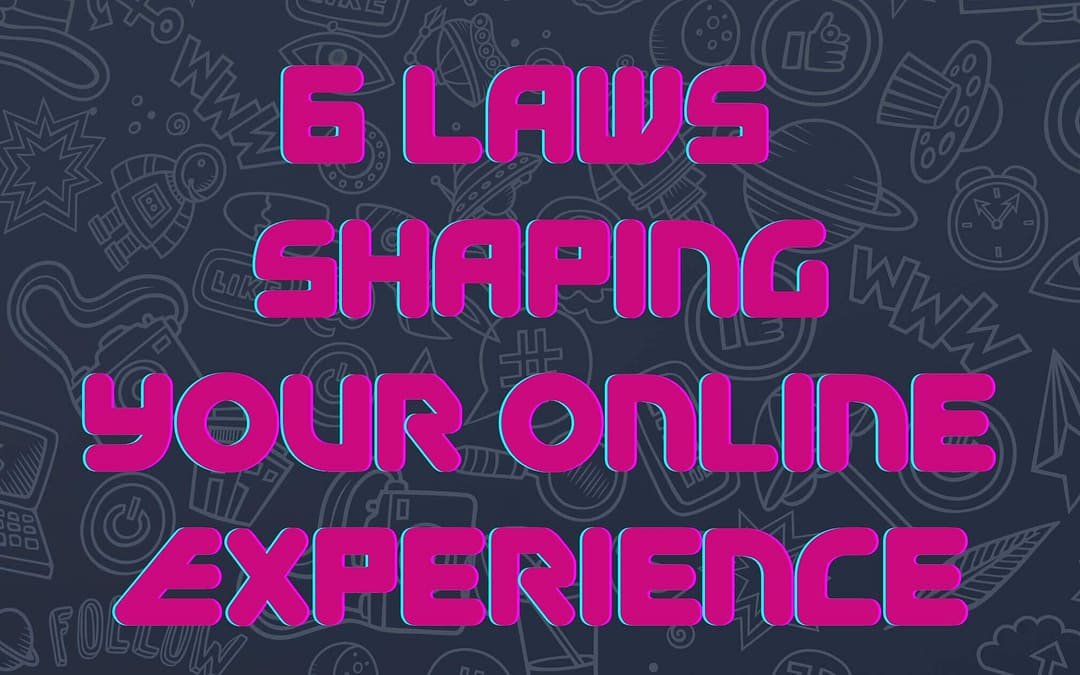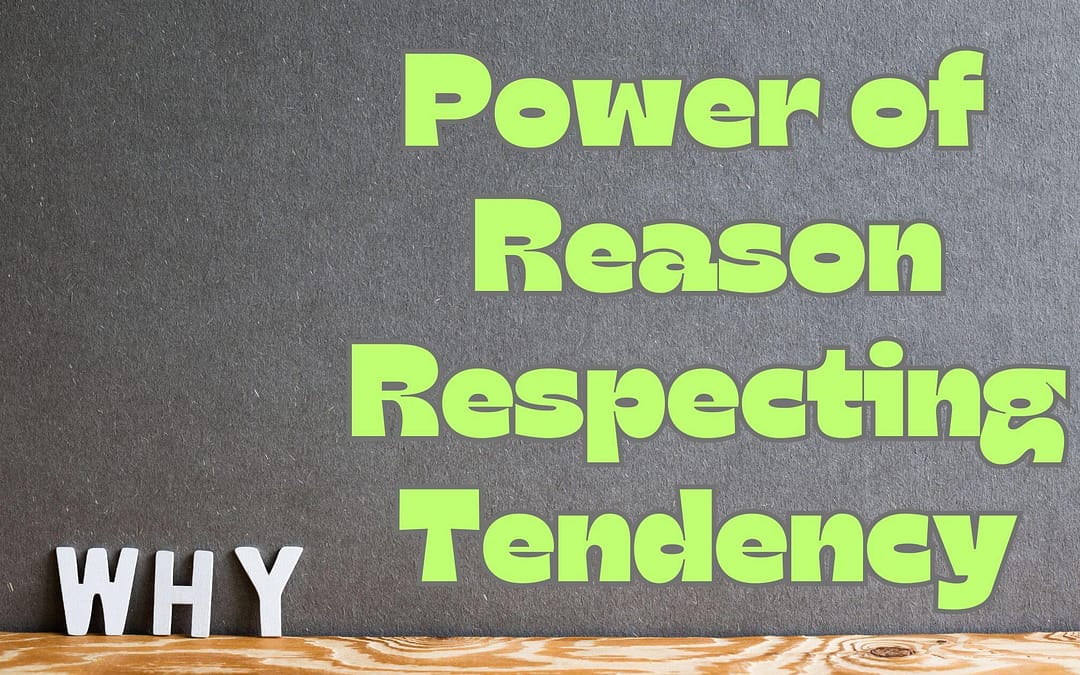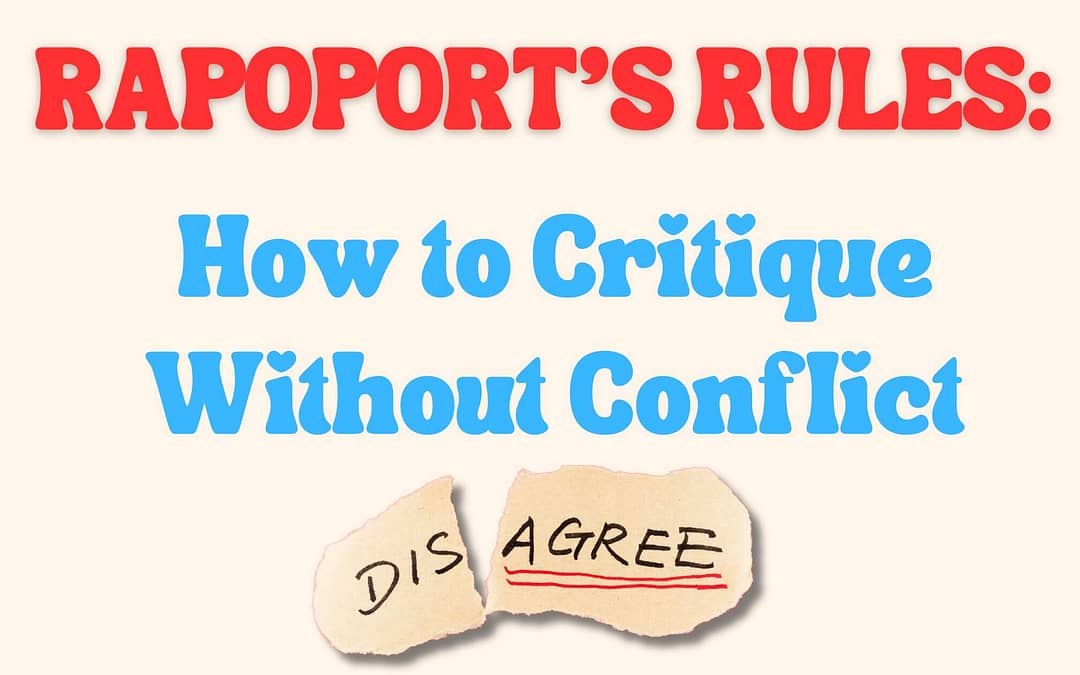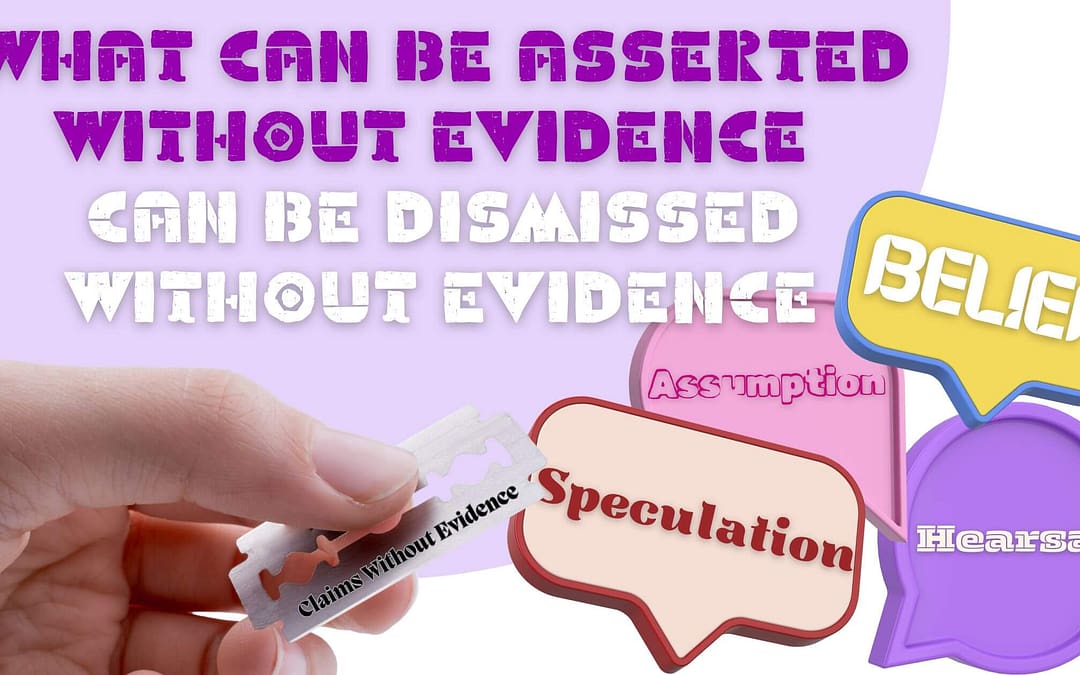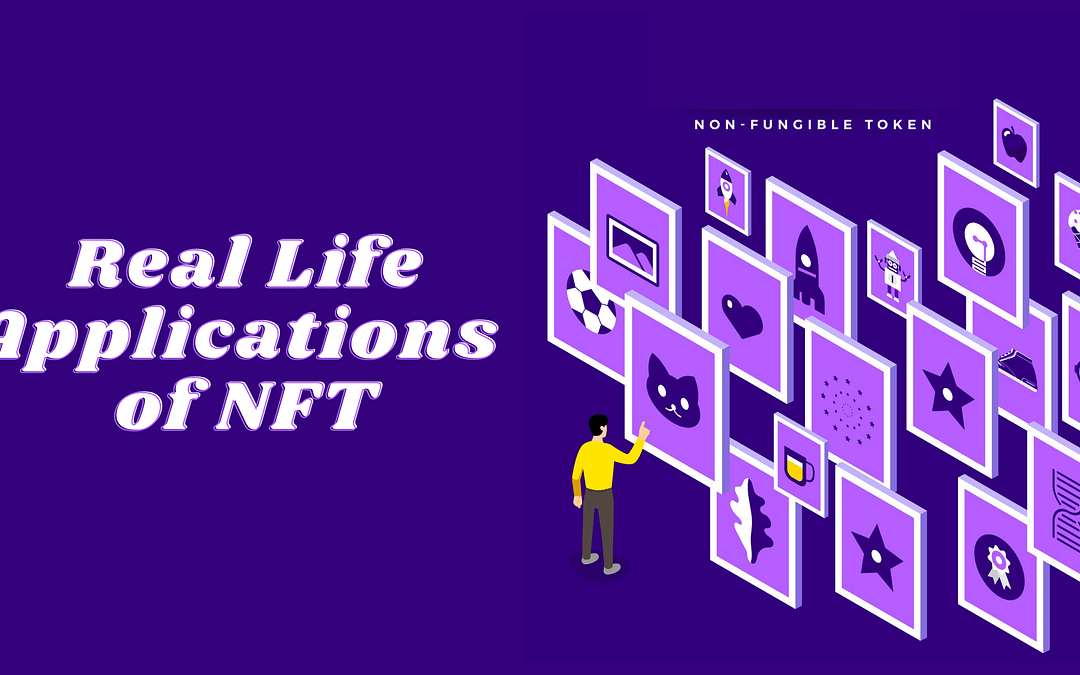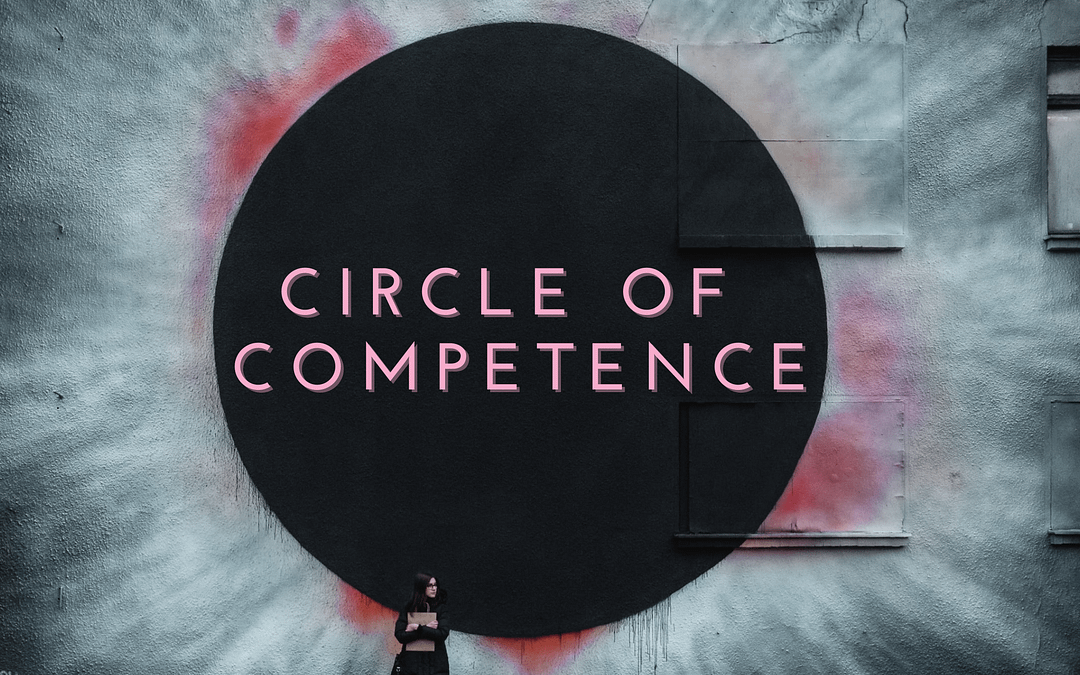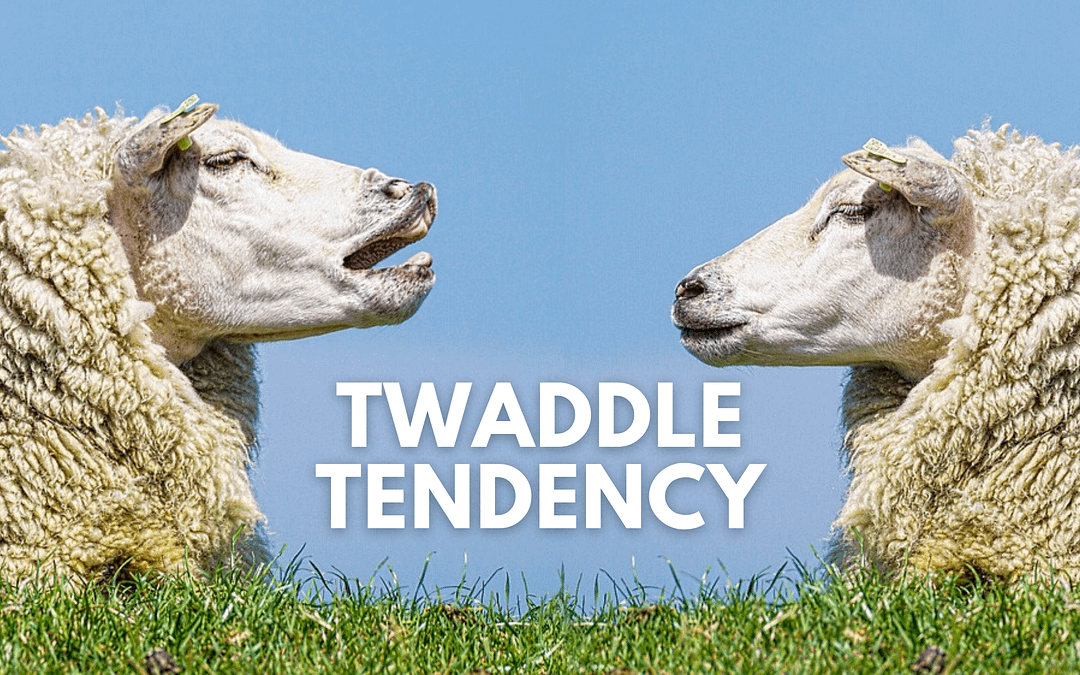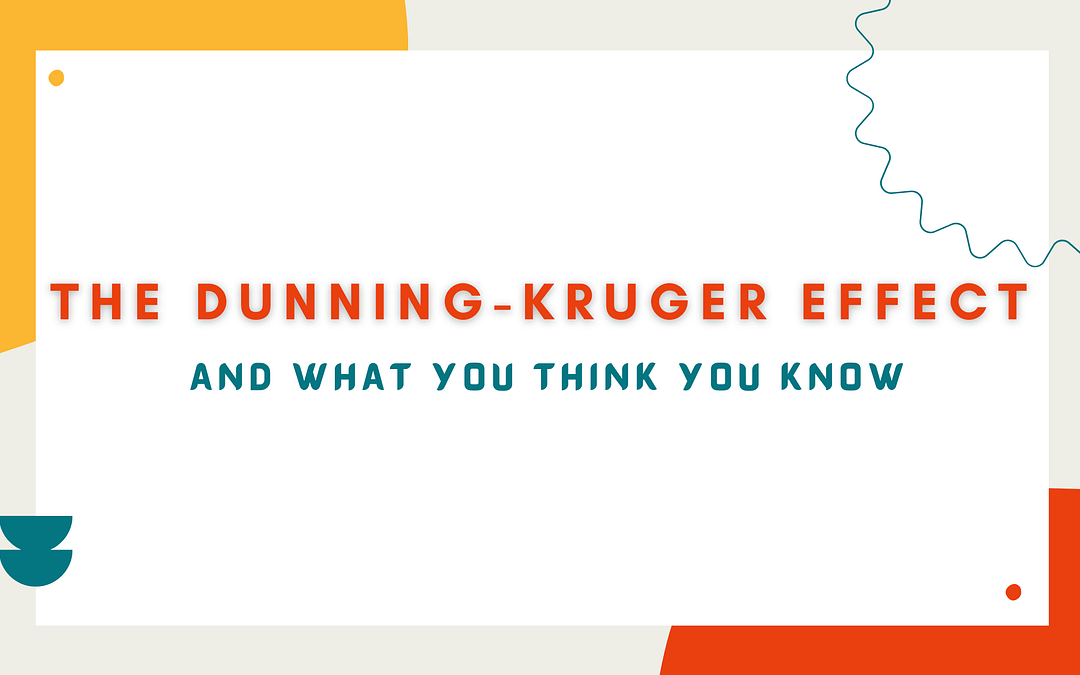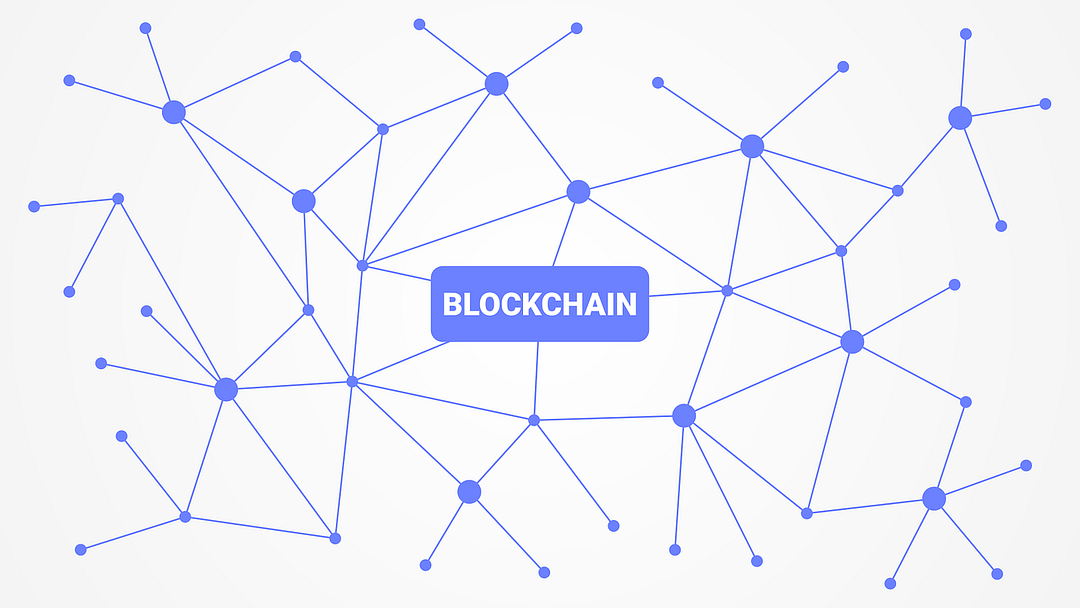By now, you may already know something about cognitive biases, but you probably haven’t given too much thought to how they interact. Charlie Munger, an incredibly successful investor, coined the Lollapalooza effect to describe the interactions between cognitive biases and how they interact with each other. He rightfully pointed out that although psychologists have studied cognitive biases extensively, not enough research has identified what happens when more than one is active.
People rarely act on just one cognitive bias alone, so it’s more likely the Lollapalooza effect occurs more frequently than not. We are complex beings, and our perceptions are formed by a range of factors with varying strengths. This is why it’s crucial to understand this tendency and widen our perspectives, something that can either cloud our judgment or give us an unmatched clarity in a given situation.
The power of social proof
Social proof is everywhere nowadays. You can find it all over social media and in most public settings. Social proof simply describes the fact that people are more likely to adopt popular opinions. If you see a restaurant with high ratings on Yelp, you’re more likely to recommend it even if you haven’t tried it yourself. If people are bidding in an auction, you’re more likely to bid as well because you might think the object is a good deal or is more desirable.
When you combine social proof with the cognitive biases of the people influencing us, the result is a complicated mixture of biases that end up shaping the way we view the world. The trouble is that it becomes difficult to track the effects of how biases interact, especially when different individuals’ biases are interacting to create unique results.
Herd mindsets and cognitive biases
On the group level, the collection of our biases may guide us toward a particular action. Take the media for example. If you hold a political belief, you may consume content that is consistent with your ideas. This creates a filter bubble, or echo chamber, that further enforces your ideas and gives you the impression of a false consensus. When you throw in social proof, you may be following a false consensus instead of something that is popularly believed.
The main thing to keep in mind here is that these biases interact on a subconscious level. For this reason, no one is above it.
Charlie Munger reserved much of his discussion on the Lollapalooza effect for financial topics, but it also applies to many other areas in our lives. One of the main takeaways you should have from learning about this effect is acknowledging the outcomes of people’s ideas or perceptions can be very complicated.
The Lollapalooza effect can be good for you too
Just like cognitive biases can work together to create strong effects, so too can mental models. If you equip yourself with a toolbox of mental models, you can use them in concert with one another to compound their benefits and create momentum toward your desired outcomes.

